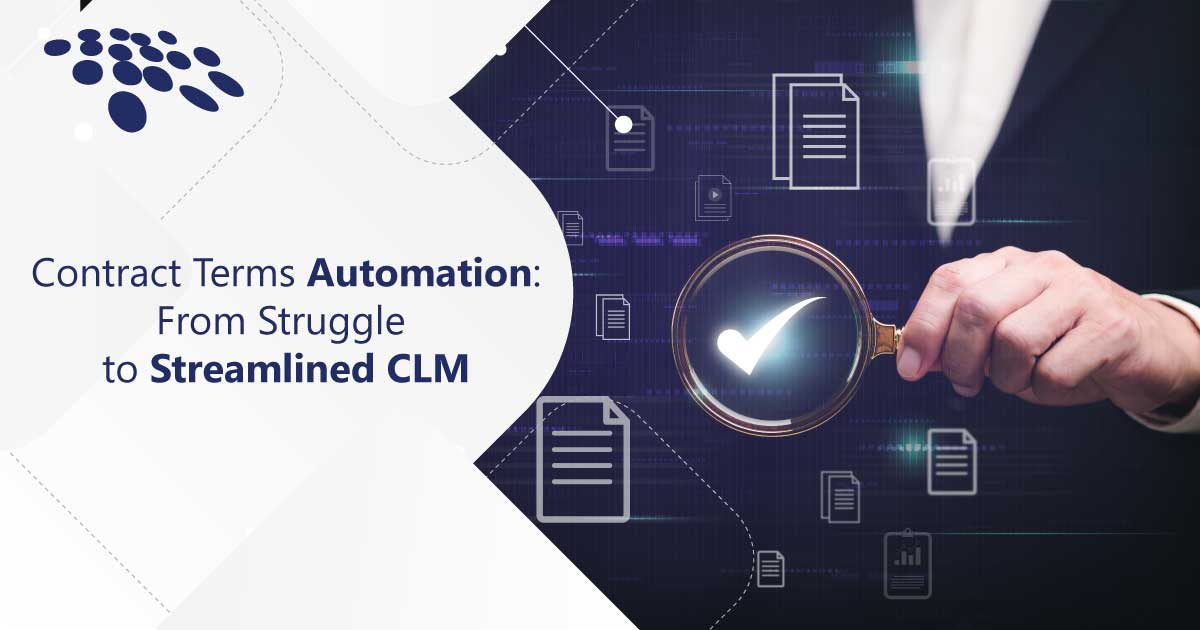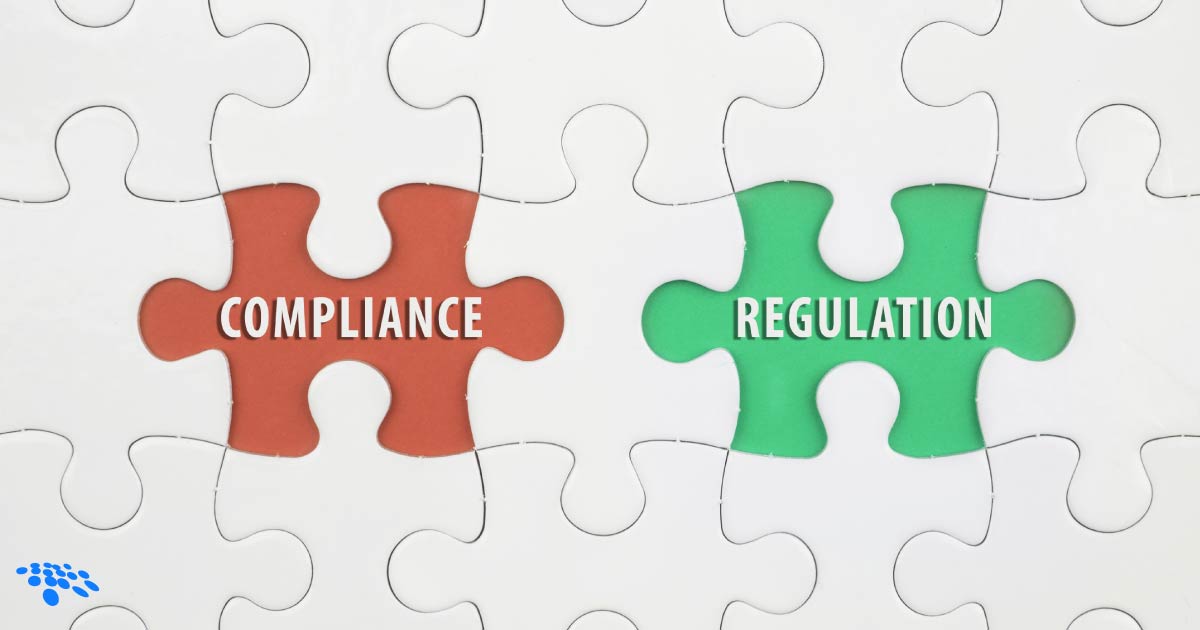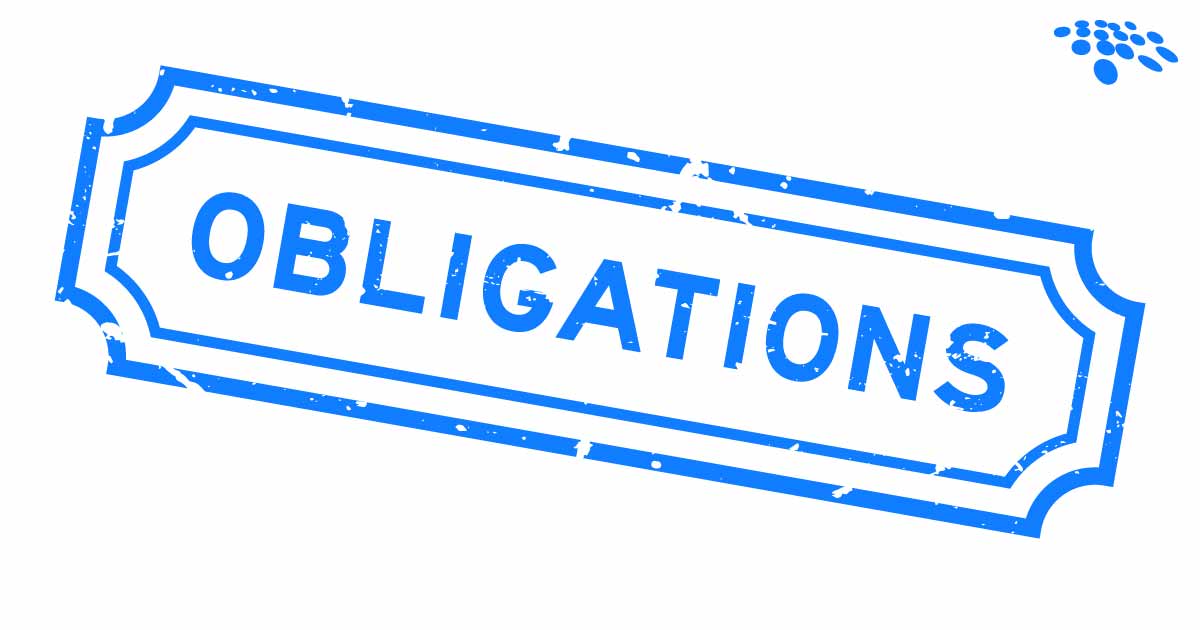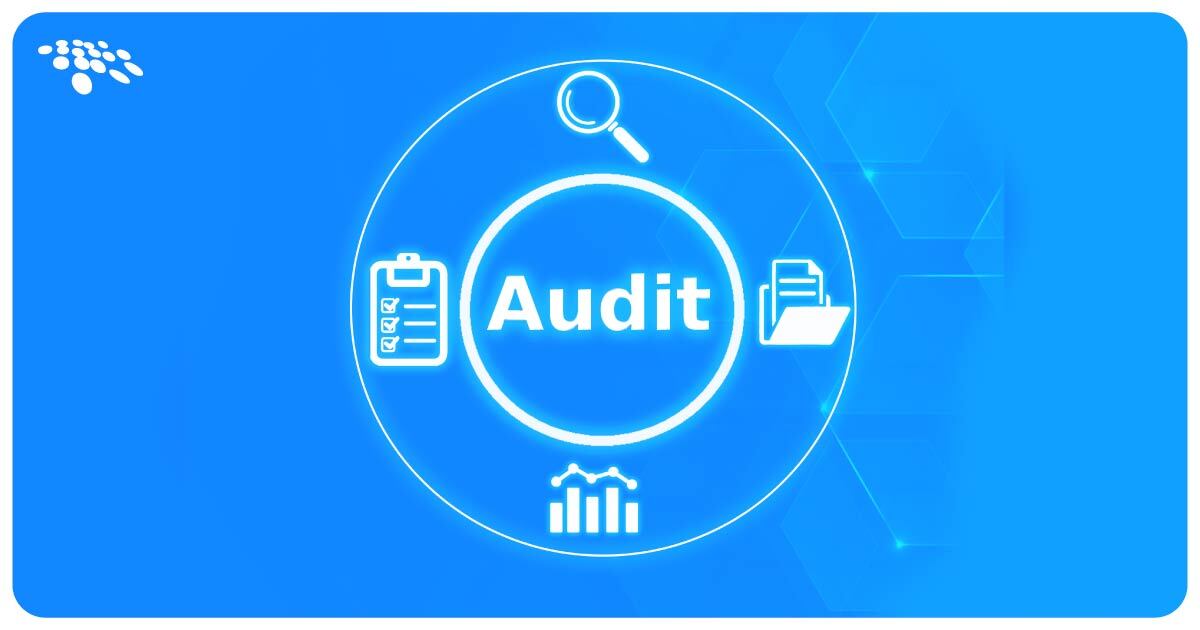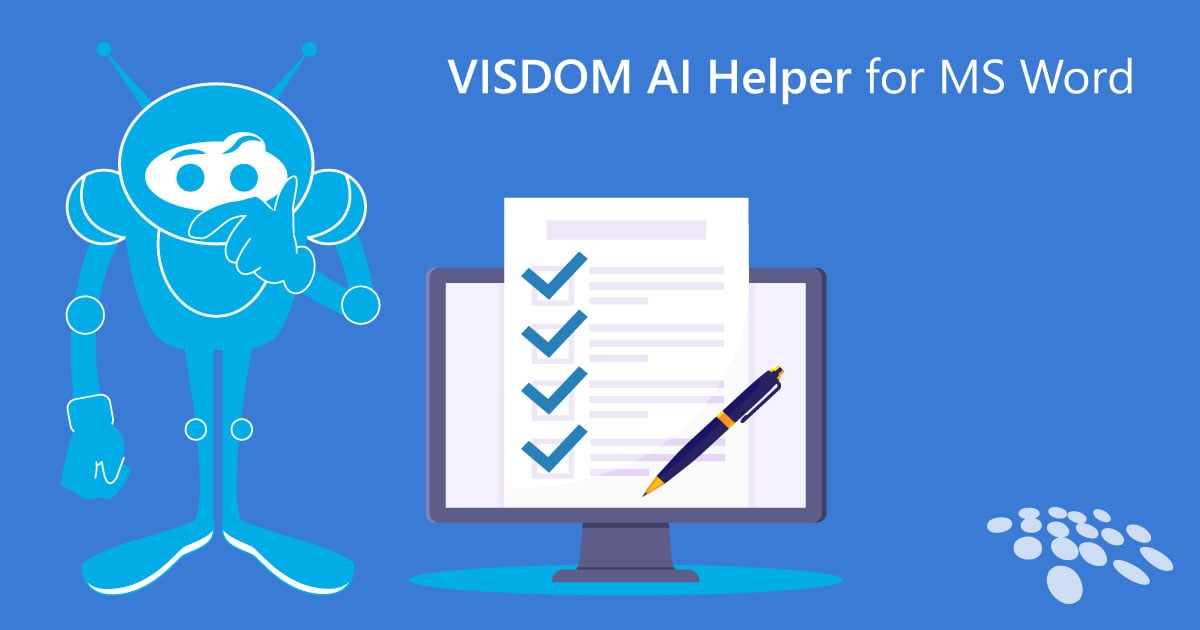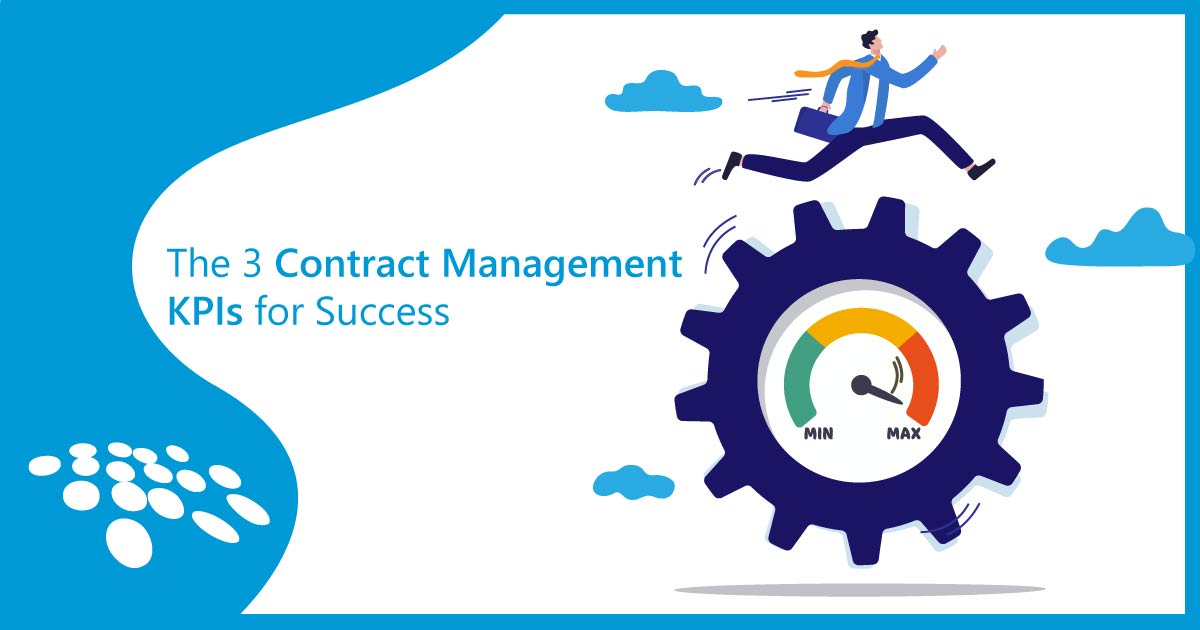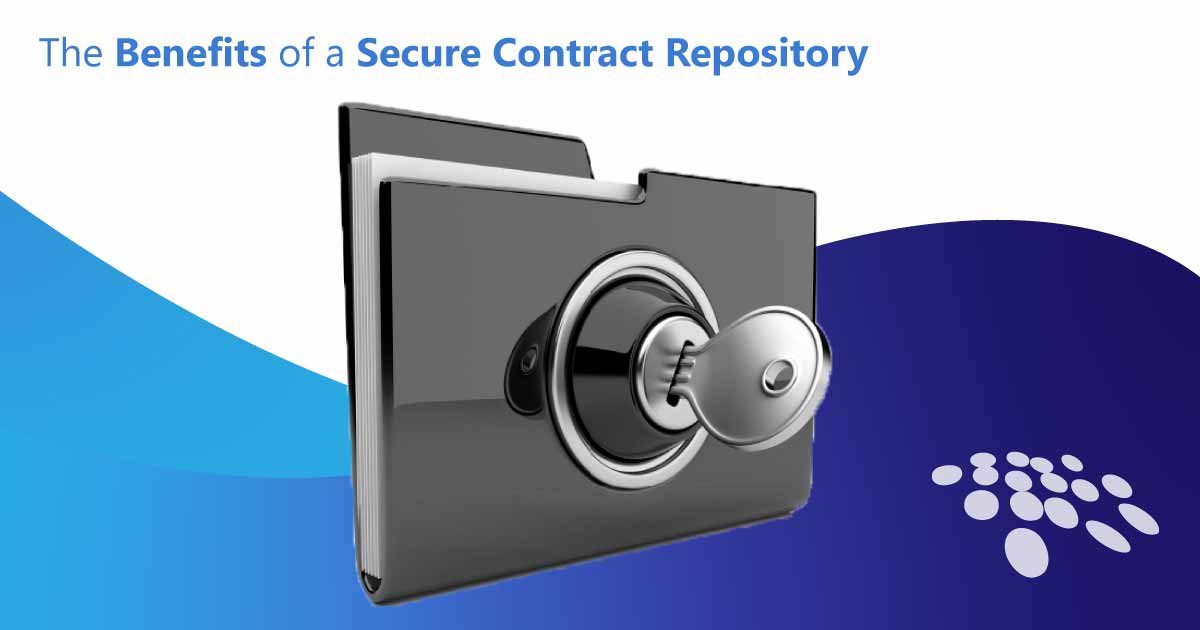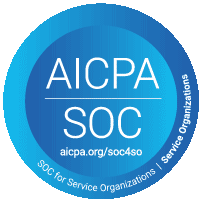
With rapid advancements in our ability to connect and form business relationships, managing contracts has become more challenging than ever. With the increase in the volume and complexity of contracts, the risk of inadvertently overlooking a crucial detail or deadline is on the rise. One such area of potential oversight is the uncontrolled auto-renewal of contracts, which can lead to significant financial and operational implications for a business. In this blog post, we'll explore the negative outcomes associated with uncontrolled contract auto-renewals and how contract management software can provide a much-needed and robust solution.
A Tale of Unintended Consequences
Imagine this:
StoneyCorp, a mid-sized B2B enterprise, signs a service agreement with a vendor. The contract has a contract auto-renewal clause stating that it is up for contract automatic renewal annually unless either party provides a 90-day notice required before the expiration date to terminate the contract. Busy with myriad strategic responsibilities, the StoneyCorp team misses the period of time to evaluate the contract's value or notify the vendor of a decision not to renew. Consequently, the automatic renewal clause kicks in, automatic renewal intent is falsely established, and the contract auto-renews.
This oversight of automatic renewal contract language and windows in which to establish intent not to renew leads to several painful consequences for StoneyCorp:
1. Unintended Costs: The auto-renewal means StoneyCorp is locked into paying for another year of services from (and payments to) the vendor with whom they have a service agreement - even if they found a better or more cost-effective alternative in the meantime.
2. Lost Opportunities: Being tethered to a contract with the old, less ideal vendor can prevent StoneyCorp from pivoting to more lucrative or strategic opportunities with other vendors. This issue likely has a myriad of ripple effects across teams, departments, and organization goals.
3. Operational Inefficiencies: Uncontrolled auto-renewals can cause resource allocation mismatches, where the StoneyCorp company might be overpaying for underused services. These likely costly services go to waste as StoneyCorp misses out on operational allocation toward newer services as their processes, needs, and goals evolve.
4. Strained Vendor Relationships: If StoneyCorp later realizes the mistake and attempts to back out or renegotiate, it could strain the relationship with the vendor.
It's clear that oversights such as those made by StoneyCorp can have far-reaching implications. Organizations that make the same mistakes StoneyCorp has made jeopardize their revenue stream, opportunities, process efficiency, and overall vendor transactions.
The question, then, is as follows: How can businesses avoid such pitfalls of contract mismanagement?
Enter Contract Management Software
Modern problems require modern solutions. In the context of managing contracts and avoiding unintended renewals, contract management software emerges as a game-changer. Here's how:
1. Centralized Repository: Contract lifecycle management (CLM) software offers a centralized location for all contracts - virtually ensuring that no document goes unnoticed or gets lost in the shuffle of daily business operations. Organizations can use highly-filterable search options for finding key information such as:
- the contract title.
- the effective date and expiration/renewal dates of contracts.
- contract status.
- the department or employee assigned to a contract.
- the contract amount.
- the contract type.
- and more!
This searchable repository also features search history and "Did you mean..." functionality to enhance search in a manner similar to familiar search engines.
2. Automated Alerts: One of the biggest selling points of CLM software is its ability to provide automated reminders. Whether it's 90, 60, or 30 days before a contract's renewal date or expiry date, contract management software will send timely alerts according to a pre-configured schedule - virtually ensuring you never miss a crucial deadline. These alerts can appear as emails, in-system notifications, and calendar alerts.
3. Performance Analytics: Modern contract management solutions come equipped with contract analytics tools. These tools can help businesses assess the performance and value of a contract while projecting its long-term ROI - making it easier to decide whether to renew, renegotiate, or terminate an agreement with a notice of non-renewal. Analytics tools come in the form of visually-engaging dashboards, dynamic reports, and custom designed reports.
4. Streamlined Workflows: Contract lifecycle software can automate various contract lifecycle processes, from initiation and drafting to approval and renewal. This streamlining not only saves time but also effectively ensures that contracts are handled consistently and correctly - including during the renewal period. Teams can establish and configure a wide variety of workflow tasks, escalations, and flows for essentially any situation - including virtually automatic renewal provisions.
5. Security and Compliance: A good contract management software solution ensures that your contracts are stored securely and remain compliant with any industry regulations or standards. Compliance standards and risks can be tracked easily - as well as mapped via a risk and opportunity assessment tool. Contracts for renewal or non-renewal can remain secure and compliant while your team can map the risk or renewal or non-renewal.
6. Collaboration Tools: Contract management often involves multiple stakeholders. Leading CLM platforms include features that facilitate collaboration - essentially ensuring that all parties are on the same page. These tools apply to collaborative drafting, negotiation. review, approvals, signatures, and post-award contract management (including, of course, contract renewals)!
Key Takeaway
In the dynamic world of business relationships, contracts play a pivotal role. While they're essential, their administration and management can pose challenges. Uncontrolled auto-renewals are just one of the many potential pitfalls. However, with the right tools in place, such as the correct contract management software, businesses can effectively navigate the complex landscape of contracts - ideally yielding efficiency, compliance, and optimal value from every agreement.
Investing in a robust CLM software platform is not just a choice; it's a strategic move to safeguard your organization's interests. As such, you ought to be armed with the right solution for the job.
So, book a free demo of an award-winning and acclaimed contract management software platform today!
*Legal Disclaimer: This article is not legal advice. The content of this article is for general informational and educational purposes only. The information on this website may not present the most up-to-date legal information. Readers should contact their attorneys for legal advice regarding any particular legal matter.









